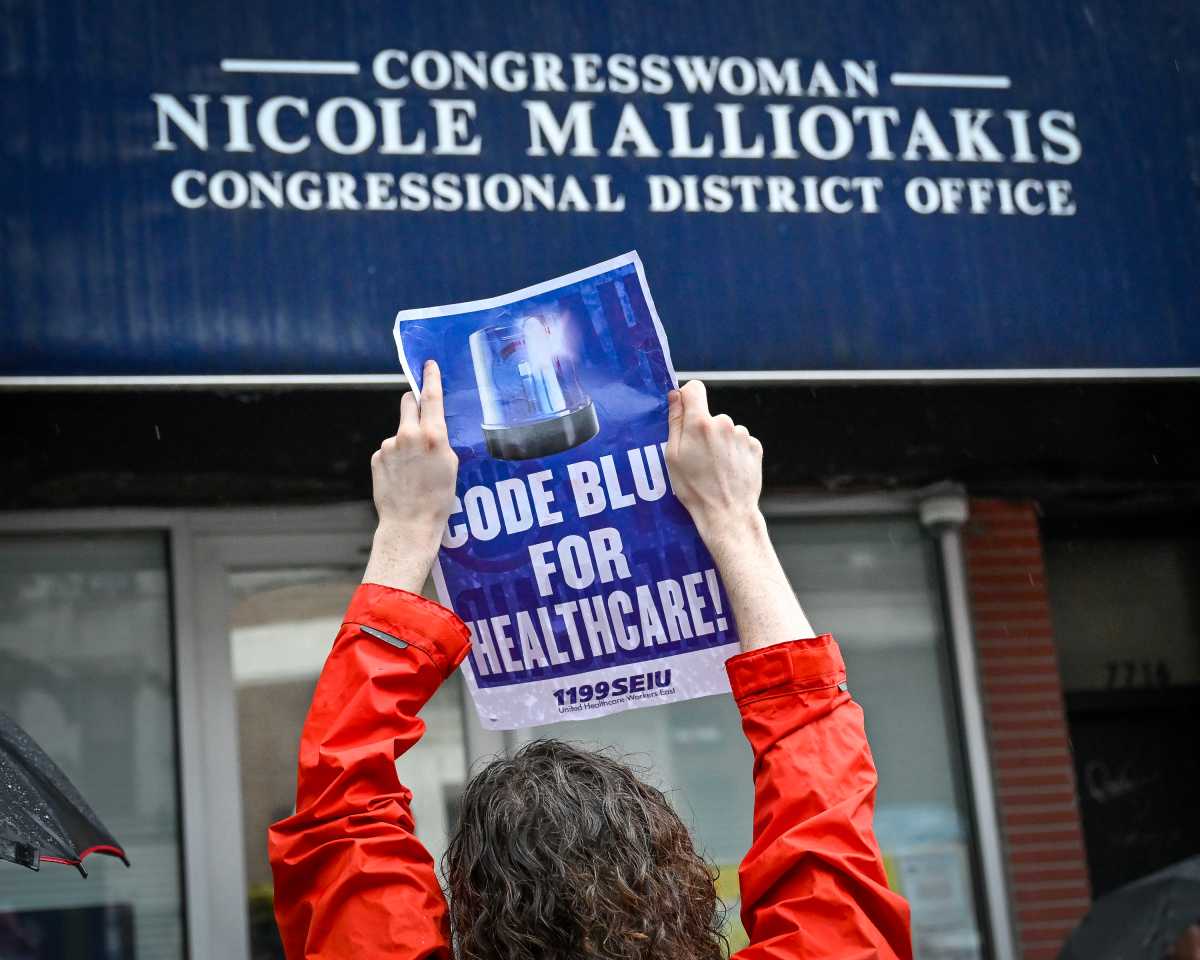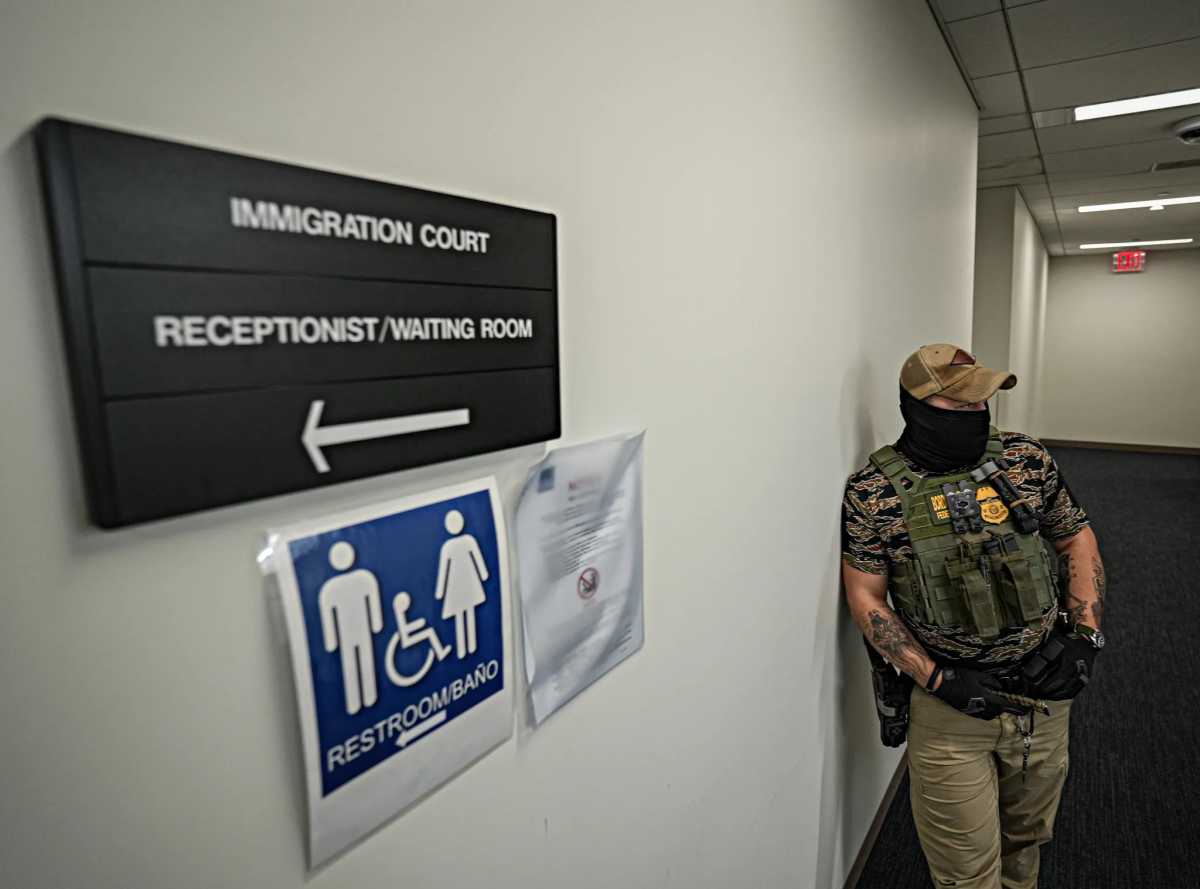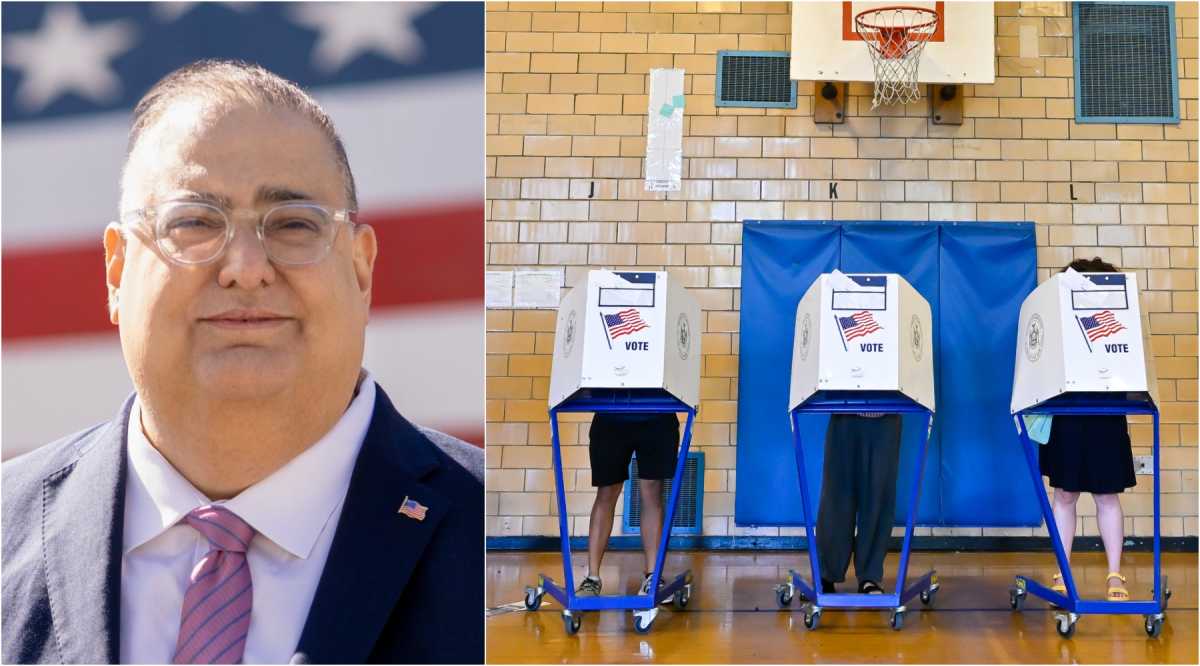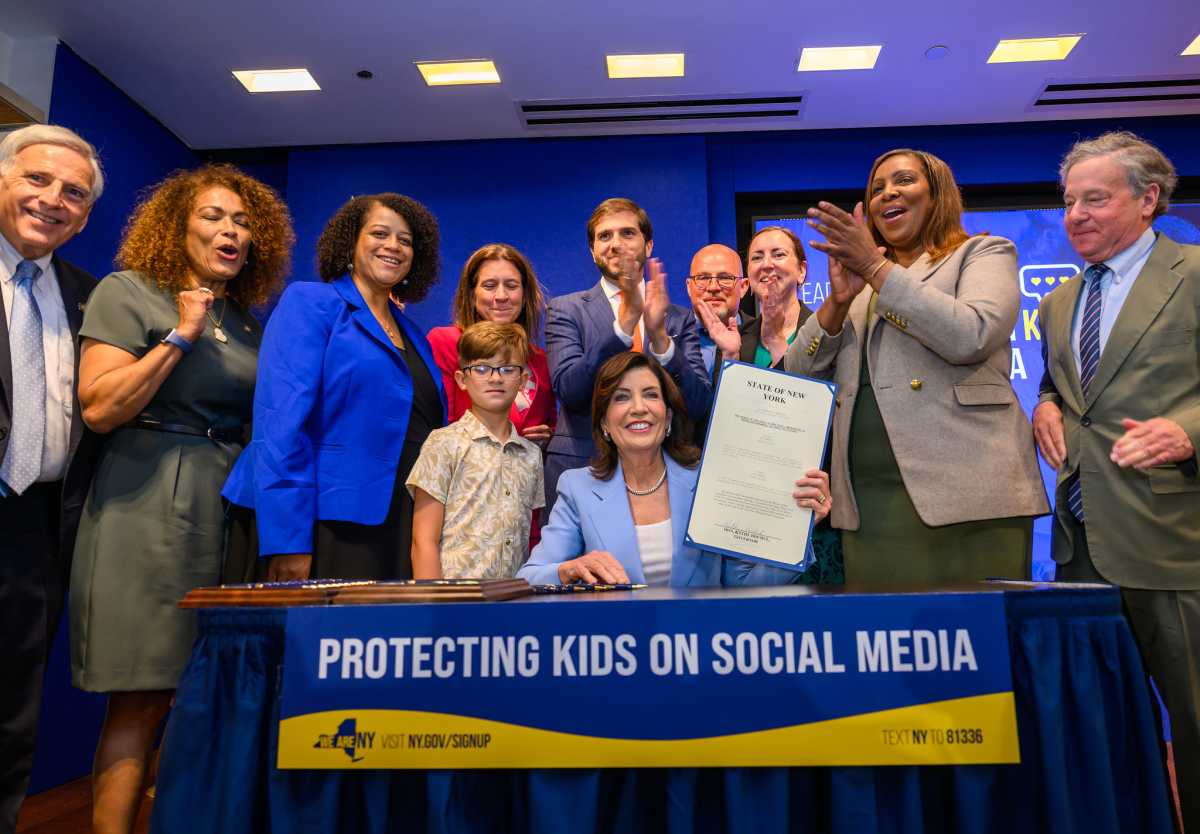There may be more carve-outs than a Thanksgiving turkey, but the State Assembly is poised to pass some kind of congestion pricing plan that will charge motorists to drive into Manhattan below 61st Street, according to KCP sources and media reports.
Among the possible slicing and dicing include some kind of transit “equity” for transit users on Long Island and in the Hudson Valley, who like city straphangers, have their own mass transit issues with the LIRR and Metro-North Railroad. Both are part of the transit network under the auspices of the Metropolitan Transportation Authority (MTA).
Media reports also have it that lawmakers are working on a “last mile” program that involves subsidizing for-hire vehicle trips in the city’s transit deserts to make it easier for people to get from their homes to subway or train stations.
Other carve outs being considered are discounts to drivers who pay at some toll bridges and possible exemptions for seniors, low-income people, small businesses and people with disabilities. It was enough for Assembly Speaker Carl Heastie (D-Bronx) to warn the discounts could have an effect on the whole purpose of the congestion pricing tax, which is to raise money for the city’s decrepit subway system. “The more you carve out the less you have in revenue,” he told Albany reporters.
The congestion pricing plan has had mixed reviews since being initially proposed back in early 2018 across the city and in Brooklyn as some outer-borough lawmakers look for a plan that doesn’t burden their heavily commuter districts.


Assembly members Rodneyse Bichotte (D-Ditmas Park, Flatbush) and Jaime Williams (D-Canarsie, Georgetown, Mill Basin, Marine Park, Bergen Beach, Gerritsen Beach) claim the plan burdens their middle-class constituencies, who already lack mass transit options.
“Congestion Pricing in its current form will not guarantee the necessary funds to fix our transit system and will just impose another tax upon on working class New Yorkers. A millionaires tax, however, in conjunction with other sales tax revenues, and a spending cap increase can generate the necessary funding to fix our transit system for all New Yorkers. Let’s continue the dialogue,” said Bichotte.
The Millionaires Tax plan would make wealthy New Yorkers pay for subway and bus upgrades including reduced fares for low-income riders.
“The onerous congestion pricing plan will detrimentally affect all of the residents of the 59th Assembly District who drive into Manhattan, and a large segment of the constituency in the 59th AD do commute into the city, to saddle them with this extra cost is not fair in its slightest. The congestion pricing program is not a viable program, but an apparent veiled attempt to raise revenue,” said Williams.

But South Brooklyn State Senator Andrew Gounardes (D-Bay Ridge, Dyker Heights, Bensonhurst, Marine Park, Gerritsen Beach, Gravesend) is in support of the plan that he believes is the best route to raise the necessary $1.5 billion annually the Metropolitan Transportation Authority agrees must be raised to fix the subway system.
“Our mass transit system is in crisis, with a projected $100 billion in capital needs over the next decade. Every solution must be on the table to rescue the system – the lifeblood of New York City – from collapse. As a transit rider myself, I know first hand the challenges that stem from deteriorating infrastructure, inaccessible stations, and annual fare hikes that push riders to their financial limits. I support the idea of congestion pricing as a means to fund critical infrastructure improvements for our subway and bus system while simultaneously reducing our city’s carbon footprint and declogging our streets,” said Gounardes.
Gounardes’ district is mainly served by the R train that in recent years has had a history of declining service including signal failures, delayed service and closed train stations due to improvement projects.
The congestion pricing plan comes as a moving part of the state’s Fiscal Year $175 billion budget, which has a budget passage deadline of April 1. It also comes as state lawmakers’ pay raises depend on passing the budget on time.
State lawmakers salaries are set to increase from $79,500 to $110,000, with another $10,000 set of next year, but only if the state budget is adopted by the end of the month.










